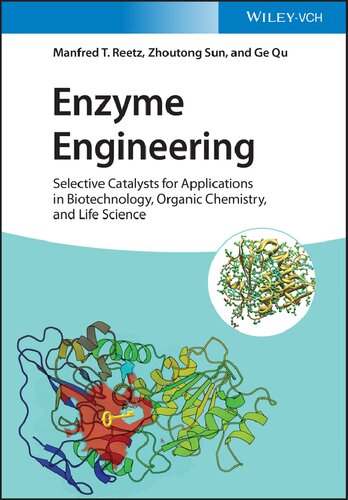

Most ebook files are in PDF format, so you can easily read them using various software such as Foxit Reader or directly on the Google Chrome browser.
Some ebook files are released by publishers in other formats such as .awz, .mobi, .epub, .fb2, etc. You may need to install specific software to read these formats on mobile/PC, such as Calibre.
Please read the tutorial at this link: https://ebookbell.com/faq
We offer FREE conversion to the popular formats you request; however, this may take some time. Therefore, right after payment, please email us, and we will try to provide the service as quickly as possible.
For some exceptional file formats or broken links (if any), please refrain from opening any disputes. Instead, email us first, and we will try to assist within a maximum of 6 hours.
EbookBell Team

4.0
36 reviewsThe authors also discuss new and innovative areas in the field, involving machine learning and artificial intelligence. It offers several insightful perspectives on the future of this work.
Readers will also find:
- A thorough introduction to directed evolution and rational design as protein engineering techniques
- Comprehensive explorations of screening and selection techniques, gene mutagenesis methods in directed evolution, and guidelines for applying gene mutagenesis in organic chemistry, pharmaceutical applications, and biotechnology
- Practical discussions of protein engineering of enzyme robustness relevant to organic and pharmaceutical chemistry
- Treatments of artificial enzymes as promiscuous catalysts
- Various lessons learned from semi-rational and rational directed evolution
A transdisciplinary treatise, Enzyme Engineering: Selective Catalysts for Applications in Biotechnology, Organic Chemistry, and Life Science is perfect for protein engineers, theoreticians, organic, and pharmaceutical chemists as well as transition metal researchers in catalysis and biotechnologists.